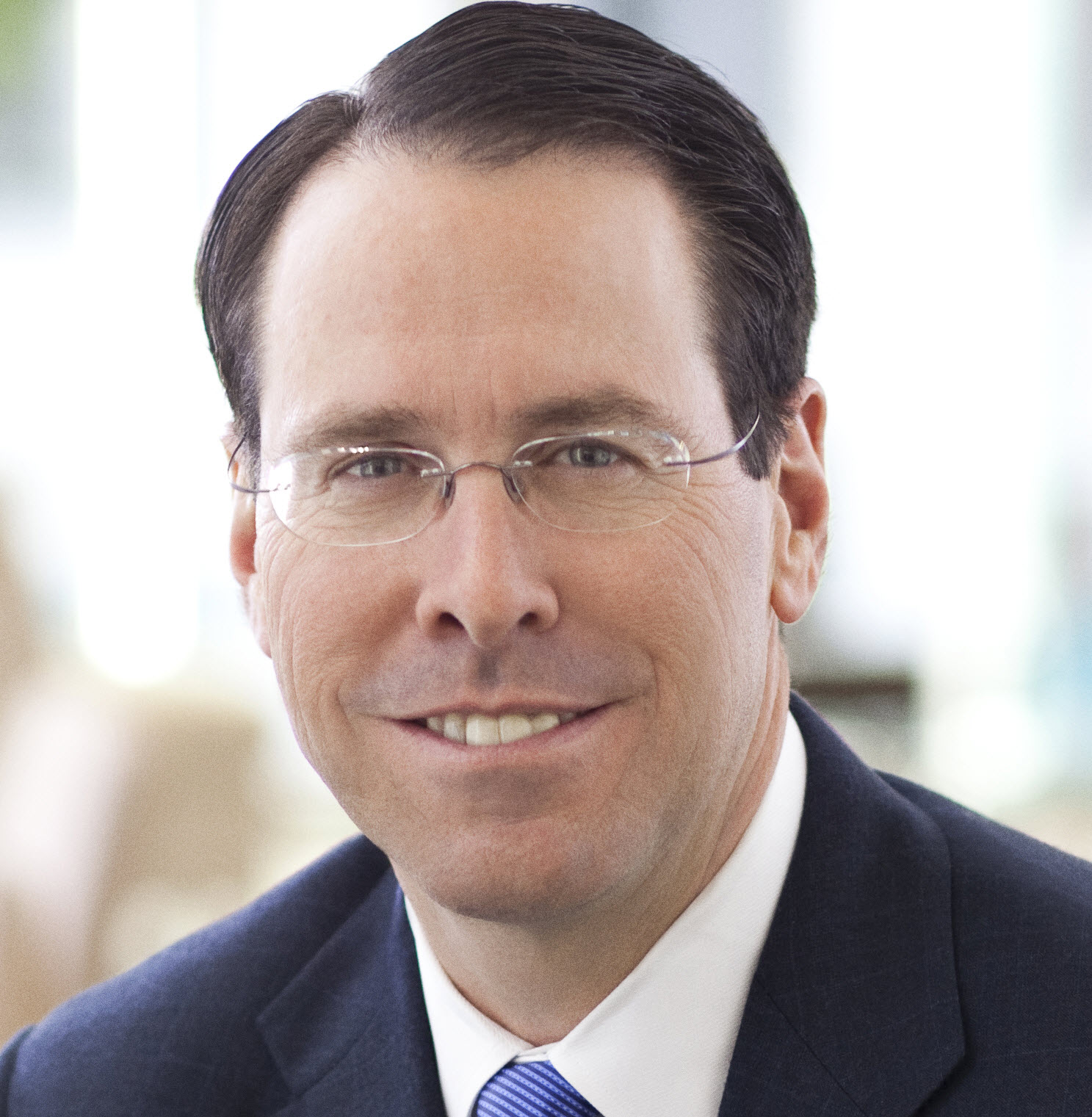Stephenson: AT&T Will Be ‘Assertive’ in Content Negotiations
The smarter way to stay on top of the multichannel video marketplace. Sign up below.
You are now subscribed
Your newsletter sign-up was successful

AT&T chairman and CEO Randall Stephenson said the largest pay TV distributor in the country will be “assertive” in its quest to reduce the high cost of content, looking to shave pricing on programming that its customers don't engage with.
In speaking with analysts to discuss the telco’s Q4 results, Stephenson said the objective as content deals come up for renewal is “to move the needle.”
“It’s not one-size-fits-all,” Stephenson continued, adding that the goal is to maintain a balance between content where the value to consumers may be less evident compared to highly-engaged programming that may warrant a higher cost.
“The objective is to keep the equation in balance,” Stephenson said. “You cannot have a business model where subscribers are declining and you continue to increase costs by 7-8%.”
So far, AT&T has had success in rationalizing its content costs and has struck several deals over the past few months. But it is becoming increasingly evident that consumers are resisting higher prices for the same old shows, he said.
“We’ve got to get the content cost growth in line with what the customer is willing to pay,” Stephenson said. “And the customer is willing to pay virtually no additional money right now. So the content costs have to reflect that. We will be very assertive as we go through the course of this year to control the spend on content costs.”
Packaging also plays a role, he added, hinting that AT&T would try to focus more on being able to offer content that is more attuned to customer habits.
The smarter way to stay on top of the multichannel video marketplace. Sign up below.
“You can control your margins and your content costs by getting the packages more right-sized to the customer,” Stephenson said. “Can you bring content costs down to keep margins in check by right-sizing the packages for the customer? There is a lot of smart analytical work being done there.”
He also offered some more insight into the company‘s planned streaming video service, adding that he believes the companies with the deepest content libraries will survive the long term.
“Those who have very, very strong IP, deep libraries of IP, are the ones we think are going to succeed over time,” Stephenson said, adding that the company is a strong believer in what WarnerMedia chief John Stankey calls the two-sided business model — a combination of commercial-free subscription services like HBO and Netflix coupled with ad-supported content.
Stephenson said when it comes to keeping its own content in-house or licensing it to other distributors, AT&T will evaluate each deal individually, pointing to last year’s decision to license Friends to Netflix exclusively for one year, with the option of having it on its own AT&T-branded streaming service after 2019.
“As content deals come up, there’s not going to be a cookie cutter approach to that,” Stephenson said. “I don’t think all content is equal in that decision-making process.”
Regarding the decision to license Friends to Netflix, Stephenson said that was a case where the company found while it may not be critical to make that type of programming exclusive, it was critical to have on its platform.
“So we did license it to Netflix, but on a non-exclusive basis,” he said. “Each of these decisions on significant content like that are going to be evaluated in terms of how critical is it to our platform to have it as exclusive vs. the economics of licensing it to others. We actually do believe that having a 90-year inventory of incredible IP is a really important thing.
"When you look at the landscape in terms of what is being consumed on a lot of other aggregators in steaming products, you would be surprised how much of that is Warner Bros. intellectual property," Stephenson added. ”We’re going to be making some decisions over the coming two to three years on which of that property will be brought in and which to be sold on a non-exclusive basis.”
